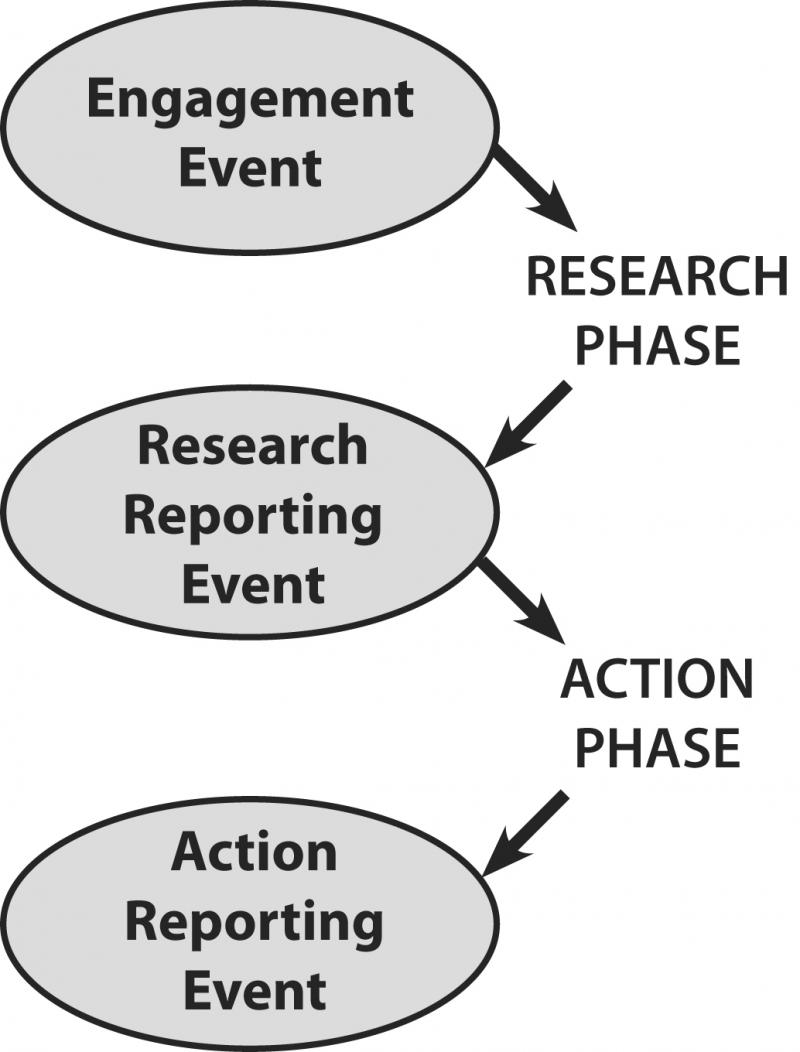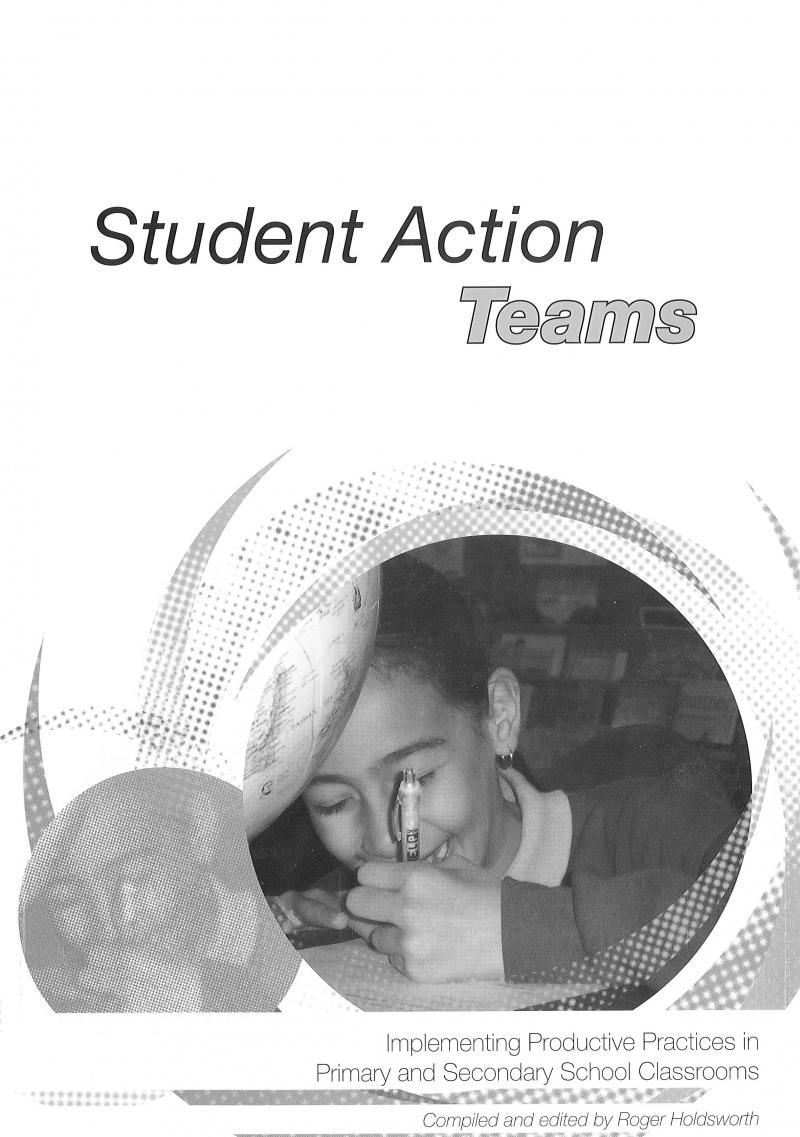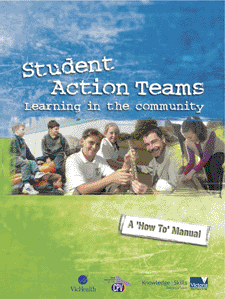ASPRINworld:
Initiatives in ...
Student Participation and Worldwide Music
ph: (+ 61 3) 9489 9052
r
Student Action Teams
Definition:
Student Action Teams involve a group of students who work on a real, identified issue of community interest. The students carry out research on the topic and develop solutions – either proposals for others or action they then take.
Principles:
- An active role for young people as part of their community;
- Young people as community investigators;
- Young people doing something that makes a difference or brings about change;
- Programs that involve learning and meet academic goals
Roles in SATs:
There are changed roles for students in their learning through SATs:
- Purposeful: students see outcomes that are important to them
- Productive: students create something that makes a difference
- Communal: students work together with fellow students, teachers and others
Some Previous Examples of Student Action Teams
These are just a few of the topics for SATs that we know about:
- Community Safety (Vic Statewide, 2000, 2002)
- Truancy (Altona, 2000)
- Traffic Safety (Darebin, 2003)
- Environment/Sustainability (Darebin LGA, 2005, 2006; Frankston 2009; Rosanna/Greensborough/Bundoora, 2011)
- Police relations (Werribee, 2003)
- Intergenerational conflict (Bright, 2000)
- Bullying (Doncaster, 2002)
- International Year of Sanitation (Box Hill/Vermont, 2008)
- Values (Manningham, 2006, 2007; Darebin 2007; Ringwood 2009)
- School Engagement (Preston/Thornbury, 2007-2009; North Melbourne/Templestowe, 2011; Dandenong, Brunswick, 2012)
- Transition (East Bentleigh, 2009; Western Sydney + Illawarra, 2009; St Albans, 2010)
- Student Voice (Ashburton, 2009)
- School Community (North Dandenong, 2010)
- Alcohol Abuse (Warragul, 2009)
- Cyber Safety (Whittlesea, 2010)
- Teaching and Learning (Templestowe, 2015)
See a fuller, hyperlinked list of recent examples of Student Action Teams on these pages.
Processes
Student Actions Teams aren’t a set program; it is a learning and teaching approach, that is adapted to circumstances in individual schools and clusters of schools.
However, we have found ourselves using fairly consistent processes in practices so far:
- Engagement Event (Forum 1)

- Research Phase:
what is the issue? what do we know about it?
- Research Reporting Event (Forum 2)
- Action Phase:
what will we change? what will we do?
- Action Reporting Event (Forum 3)
Setting Up a Student Action Team
This site contains some reflections on how Student Action Teams are set up.
Student Action Teams and Student Responsibility Groups
Some schools support groups of students who take responsibility for aspects of school operations and call these Student Action Teams. This article discusses this and reflects on the differences between Student Action Teams and Student Responsibility Groups.
Resources
This site also contains a list of and links to some other resources for supporting Student Action Teams, including a Manual written in 2003.
Need More Information?
Contact Us for advice about setting up Student Action Teams in your school or cluster.
Consultancy services are available.


Copyright 2011 Roger Holdsworth. All rights reserved.
ph: (+ 61 3) 9489 9052
r
